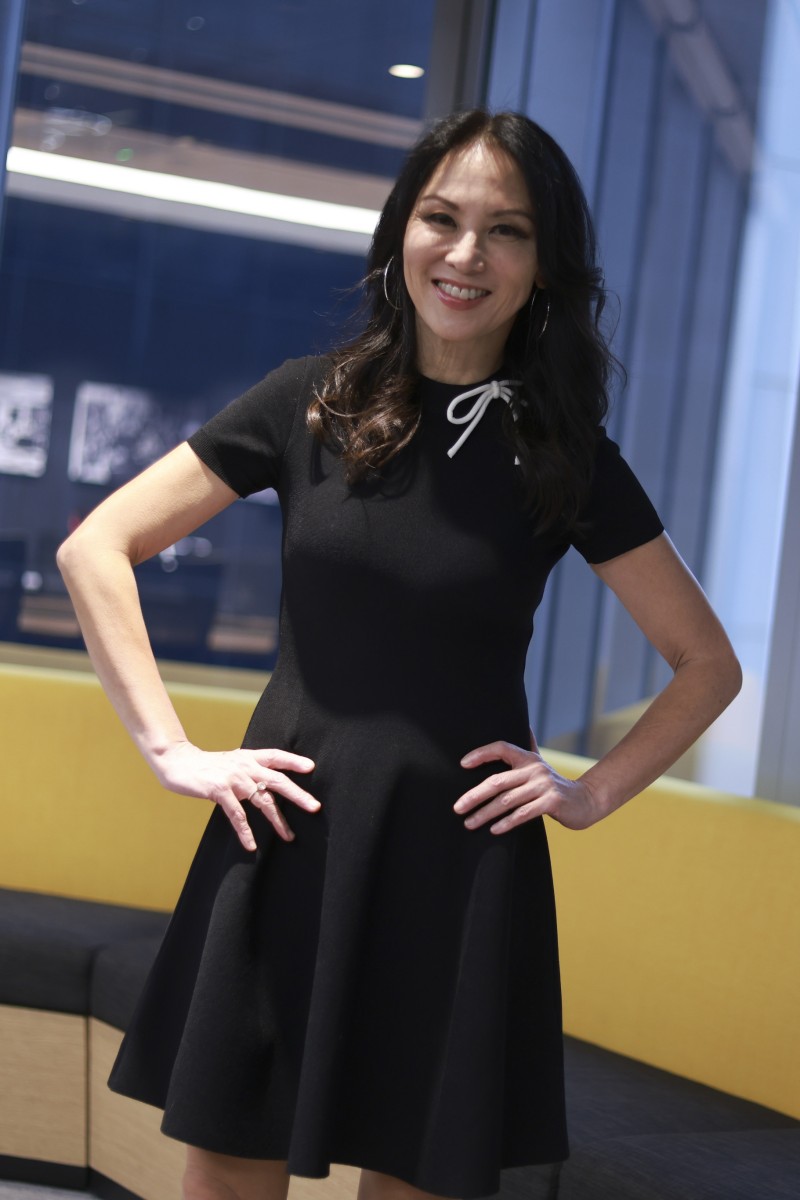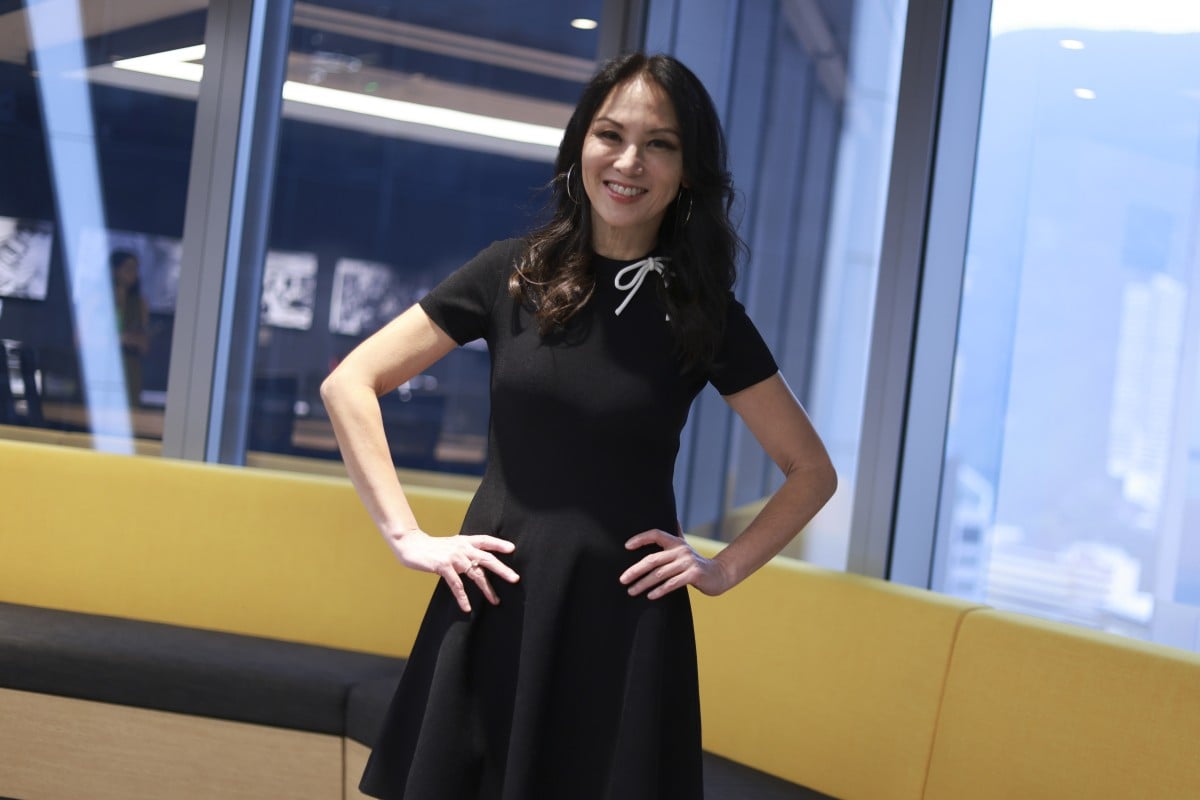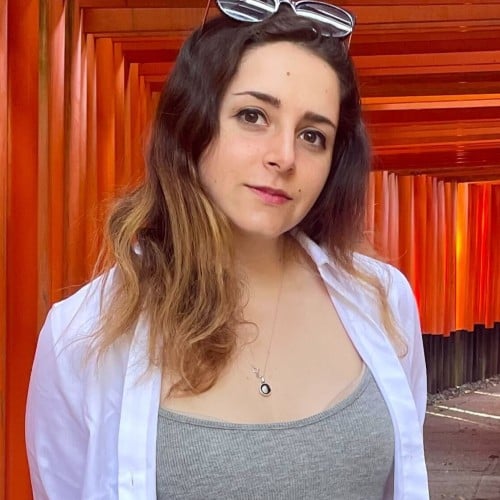
Outside the box: author Amy Chua on how growing up an ‘outsider’ in America, facing bullies, has become her strength
- Writer behind controversial bestseller ‘Battle Hymn of a Tiger Mother’ discusses how her upbringing as a child of Chinese immigrants has shaped her drive
- Though her parents initially pushed her to a career she wasn’t suited for, Chua eventually found her way and credits her father for motivating her to move past failure
 While growing up in the United States as a child of immigrants, Amy Chua says she often felt like an outsider. Photo: May Tse
While growing up in the United States as a child of immigrants, Amy Chua says she often felt like an outsider. Photo: May TseFrom the outside, it may look like Amy Chua has it all: she is a successful author and a professor at the prestigious Yale Law School, and she has travelled the world to speak at conferences and book tours.
But her path has not always been easy. Growing up in the US as a child of immigrants, Chua often felt excluded by her peers – when she lived in the state of Illinois, she remembered being “the only Chinese kid in the entire school”.
On a recent visit to Hong Kong, the 61-year-old author – known for her polarising bestselling memoir about tough lessons learned in parenting, Battle Hymn of the Tiger Mother – told Young Post about how she drew strength from being an outsider.
“The original tiger parents”
Despite being surrounded by white Americans for the first eight years of her life in Illinois, Chua’s parents made sure that she retained her Chinese language and culture.
“Every time I said one English word, I got one little [whack] of the chopsticks,” she said.
Chua dubbed her mother and father, “the original tiger parents”, meaning they were strict and had high expectations for their children’s academic performance.
Both of her parents’ families moved to the Philippines from China’s Fujian province. In 1960, her father and mother eloped in the US, where they had been graduate students at the Massachusetts Institute of Technology in Boston. As students, her mother and father had very little money during their first few years in America.
“Their first two winters in Boston, they actually couldn’t afford heat, and [they] wore blankets around,” she said.
‘Cookie activist’ celebrates Asian-Americans with portraits in dough
A few years later, Chua was born.
In addition to being trained to recite Chinese poetry and pen letters to her grandmother in Chinese, Chua said her mother imparted a sense of pride in their culture, which helped the young girl withstand bullying.
After moving to Berkeley, a city in the state of California, at the age of eight, Chua was still being ostracised, despite now living around other Asian-Americans. In one instance, she described a bully who would insult her accent. When Chua approached her mother about the incident, she recalled, “I’ll never forget my mum’s reaction.”
“Her reaction was to be mad not [at] the kid, but at me. What she said was, ‘Why do you care about that stupid boy? ... We come from the most magnificent civilisation. And [if] this stupid boy ... doesn’t even know that, then why should you even think about it?’”
Choosing the right path
While Chua said she was grateful for her parents’ high expectations, they also pushed her into a career path that she was not suited for. Her parents wanted her to pursue an MD-PhD programme, which is a dual doctoral degree to become a physician and scientist.
So when Chua first started her undergraduate studies at Harvard University, she recalled “foolishly” pursuing applied maths and taking classes to prepare for medical school, which was the “biggest mistake of [her] life”.
“I wasn’t good at maths,” she admitted. “And I literally faint at the sight of blood – how can I be a doctor?”
YA author Axie Oh on writing books to reflect her Korean heritage
Ultimately, Chua found her way, switching her major to economics and later going to law school, which she hoped would appease her parents.
Looking back, Chua noted that it took her a long time to realise her true passions.
“I would advise the young people ... you’ve got to find your true interest and find your comparative advantage,” she said. “It is so much easier to succeed if you’re doing something you actually like.”
From career adversity to bestselling author
After graduating from Harvard Law School and working in corporate law, Chua wanted to be a professor. But this next step would prove to be one of her biggest challenges.
Chua applied for 100 openings and was rejected from every single one. She shared her frustrations with her father, a renowned professor of electrical engineering.
“I remember wanting to give up and telling my dad, ‘I can’t be a professor; nobody wants me,’” Chua noted.
“And my father ... was like, ‘What? You want to give up after 100 rejections?’ He thought that was a low number – 100 rejections are nothing. And I think that’s something that is actually very valuable.”
Taiwanese-American author of The Paper Daughters of Chinatown young readers edition
His advice was the motivation Chua needed. She was eventually offered a job teaching at Duke Law School, where she stayed for seven years before taking a position at Yale Law School.
She published her first nonfiction book, World on Fire, in 2002. Over the past two decades, Chua has written five more books, including her contentious book about being a “tiger mother”, which became an international bestseller and was translated into 30 languages.
Recently, she made her first foray into fiction with The Golden Gate, a historical mystery thriller, set in California during World War II. The novel, which took her two years to write, was inspired by the Claremont Hotel in Berkeley and features real-life characters, such as Madame Chiang Kai-shek who was visiting the US at the time.
This historical figure was actually the inspiration for the book, Chua said, noting: “My parents currently live in Madame Chiang Kai-shek’s former house in Berkeley.”
While Chua’s career has seen its share of setbacks – she faced controversy recently for her interactions with students – she credits her persistence to her upbringing.
“I’ve always felt like an outsider in the United States,” she shared. “One thing I’ve learned over time is basically how to turn that sense of being an outsider, from a disadvantage into a source of strength.”
Polarising 兩極分化的
causing sharply contrasting beliefs or opinions
Dubbed 稱…爲
to give an unofficial nickname to
Contentious 有爭議的
likely to cause an argument, controversial
Impart 傳授
to give a quality or to give information
Elope 私奔
to leave home secretly in order to get married without the permission of your parents
Appease 平息
to satisfy
Ostracised 排斥
to exclude from society or a group
Renowned 著名的
widely acclaimed and highly honoured
Foray into 涉足
become involved in a new or unfamiliar activity
